Mayor of the moment
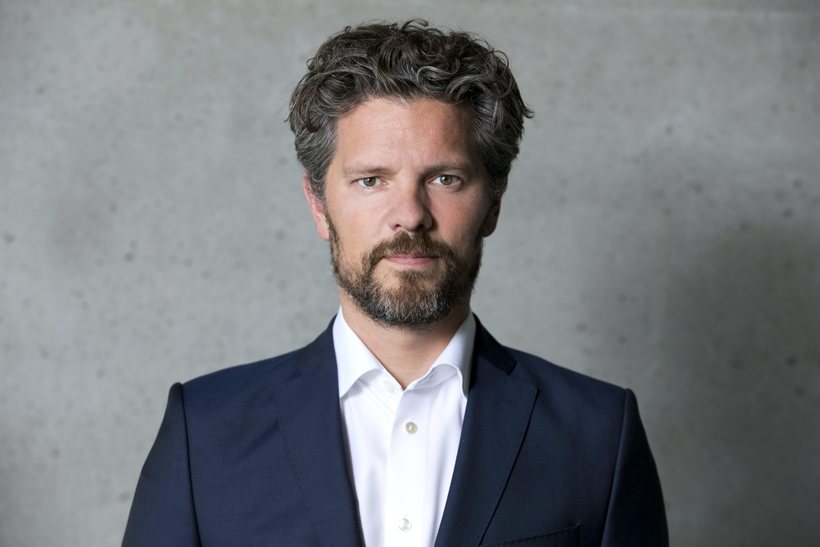
Dagur
Eggertsson
Reykjavik
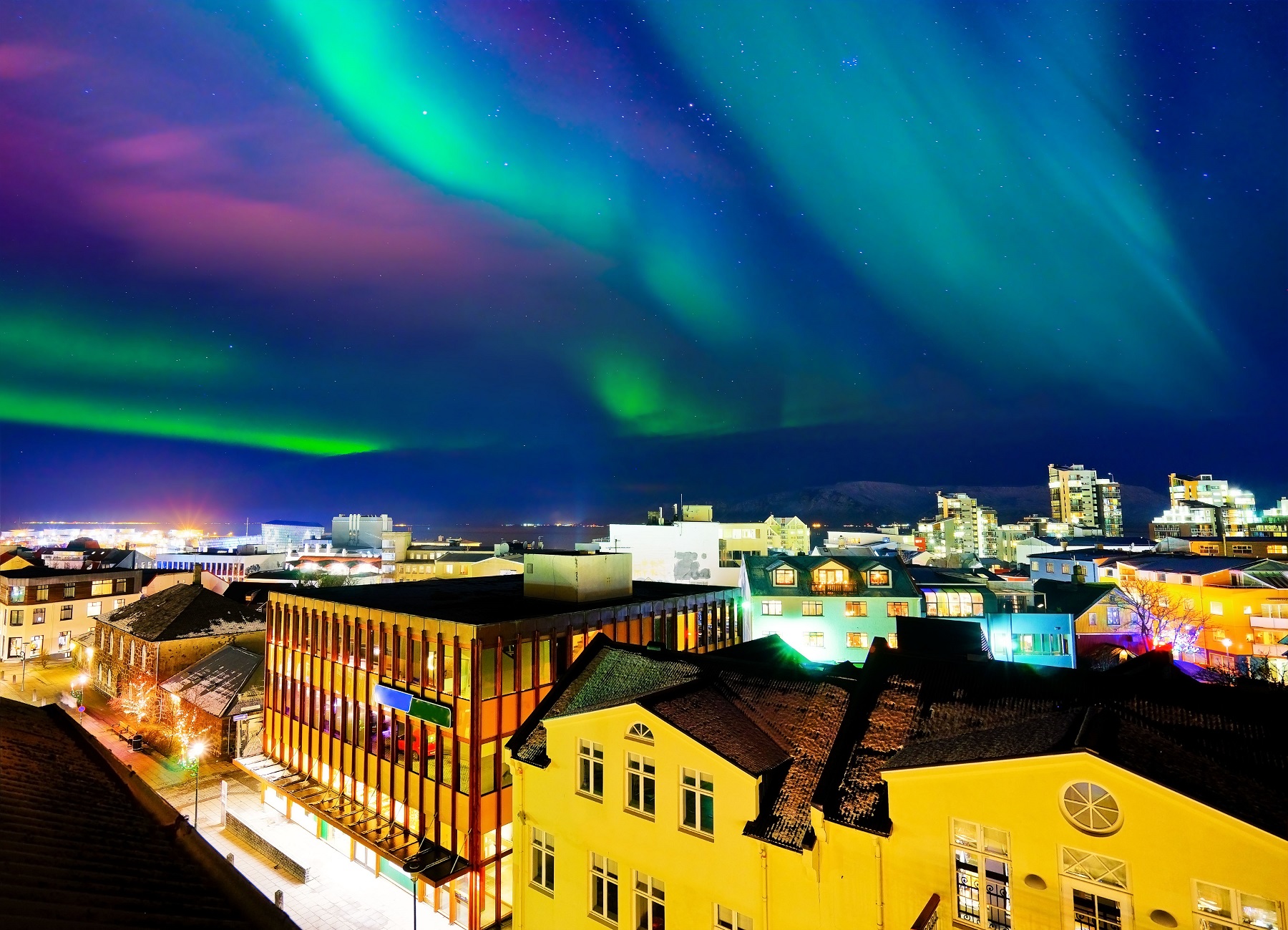
What are the main inequality challenges facing Reykjavík, and how are you seeking to address them?
As a city we are always striving towards equality in every sector whether it be in schools, in welfare or other areas. Ensuring a social mix through planning and housing policies is a big priority. But an outstanding example of a successful policy is in the field of participation of youth in sports, music and organised youth work. In Reykjavík, all youth aged 6 to 18, receive the leisure card (special leisure vouchers for €300 per year). The leisure card allows young people to practice sports, music, art and all kinds of recreation as suits them best. This has been our main tool when it comes to facilitating quality leisure time for children and youth. At the same time, research shows that the longer you engage in organised sports and leisure activities, the less likely you are to start drinking, smoking, or using drugs. Therefore, while the leisure card improves equality, it also functions as an important preventive measure. The use of the leisure card and participation of all social groups has been quite extensive. For example, 94% of boys in one particular neighbourhood make use of it, while in another quarter 87% of girls use it. However, the uptake is lowest in the part of Reykjavík where most children with a foreign background live, at 68%. This means that in all neighbourhoods participation is high. Nevertheless, we want to increase use where it is below average. We have launched special programmes in those areas to achieve greater engagement. We have been addressing this by encouraging clubs to provide more diversity in terms of sports and leisure to better serve the cultural diversity of our neighbourhoods. The executive council recently agreed to raise the value of the vouchers to €500 per year in one particular neighbourhood in order to increase use of the vouchers, and equal participation with other districts in Reykjavík.
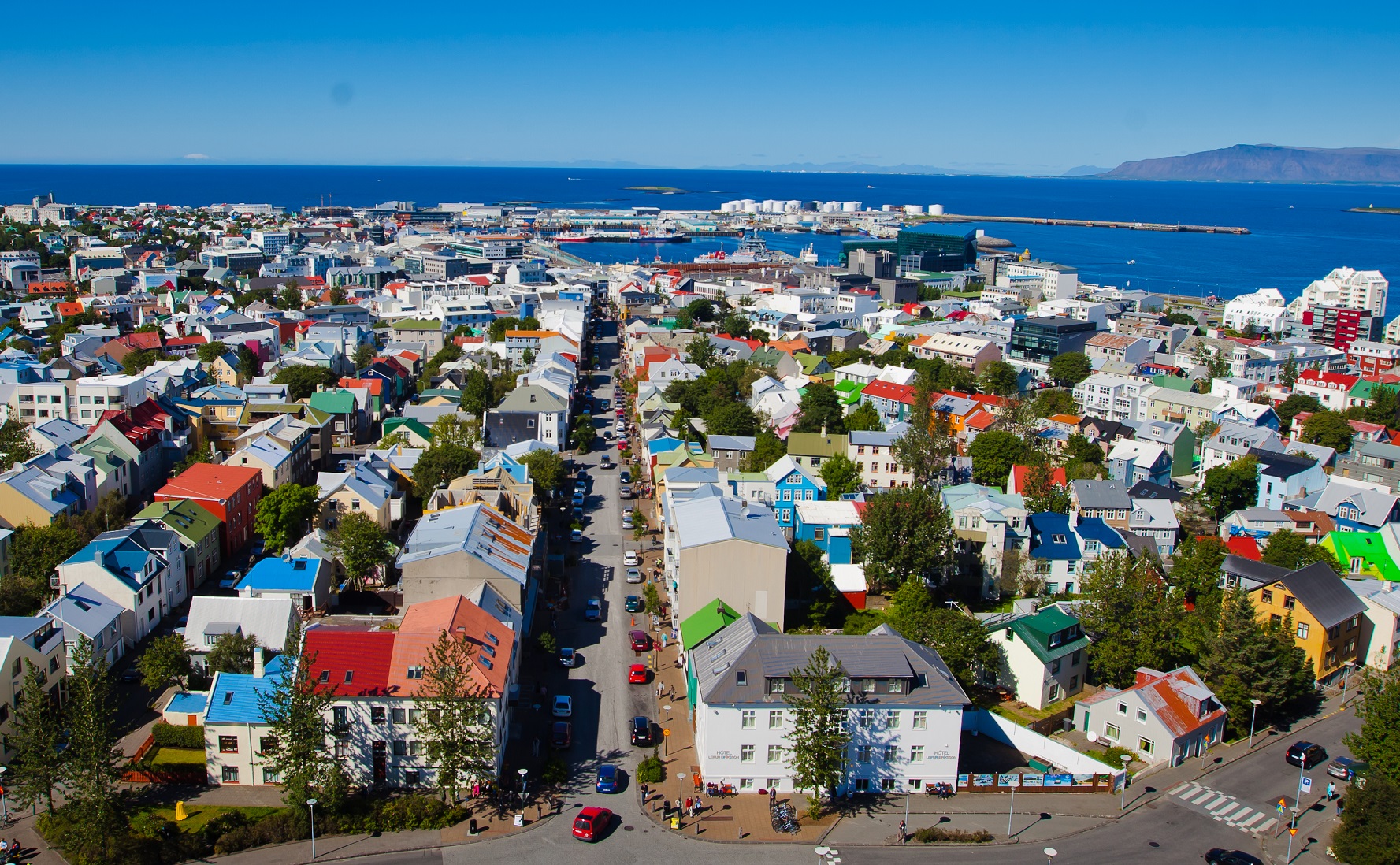
You have identified the provision of affordable housing in the city as a priority. How are you ensuring this is done in an inclusive and sustainable manner?
The city’s housing policy is the biggest measure towards equality the city has executed. It is about ensuring affordable housing for everyone, whether people are in need of support or not. The city, together with the state, allocates initial funds for non-profit housing cooperatives, which are in charge of constructing apartments on behalf of their members, and of renting them out. These are, for instance, associations for the elderly, unions, student associations and some private housing co-ops. Some 5% of all housing in Reykjavík is owned by the city, and used for social housing for individuals and low income families. The city has used its organisational and planning power to mix social housing in all districts with a focus on affluent areas. Urban densification can go hand in hand with a better social mix and means there is less need for people to own and operate a car, as they are provided with more eco-friendly ways to commute. There is a great emphasis on diversity so neighbourhoods do not become too homogeneous. Cultural diversity calls for more inclusion and ensures better understanding and stronger community feeling. The urban densification is therefore, a key element for sustainability of the project.
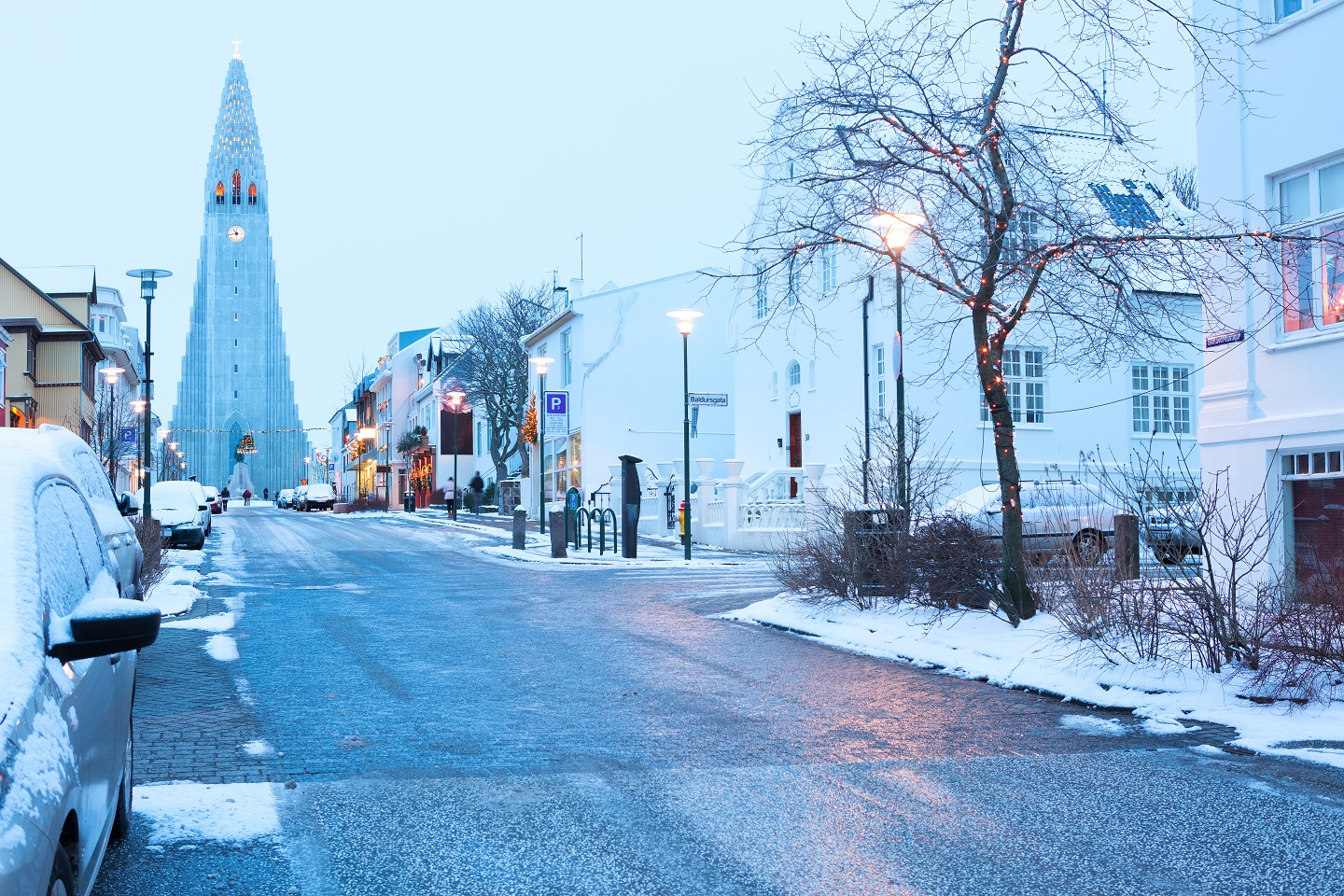
Which of Reykjavík’s inclusive growth strategies are you most proud of?
The Reykjavík City Municipal Plan 2010-2030 is the road map we use almost daily in all our decision-making, and I am therefore extremely proud of having been part of that policy-making from the beginning. It not only incorporates a clear and just housing policy. Our Climate Policy is also carefully knitted into that, as the city intends to become carbon neutral within the next 20 years. This will be done through a variety of measures, but as transport contributes 70% of emissions in Reykjavík, our main goal is to change people’s travel modes. We aim to change the city’s modal split, so that people are less dependent on private cars, and opt instead more for cycling, walking, micro mobility and public transport. This includes the new bus rapid transit line that has already been funded and is now being designed. All of this is addressed in the city’s Municipal Plan, which guides us through small and large planning decisions. It was completed through an incredibly broad consultation forum consisting of elected representatives, experts, government officials and residents – and I must say we are still very proud of this manual into the green future of Reykjavík.
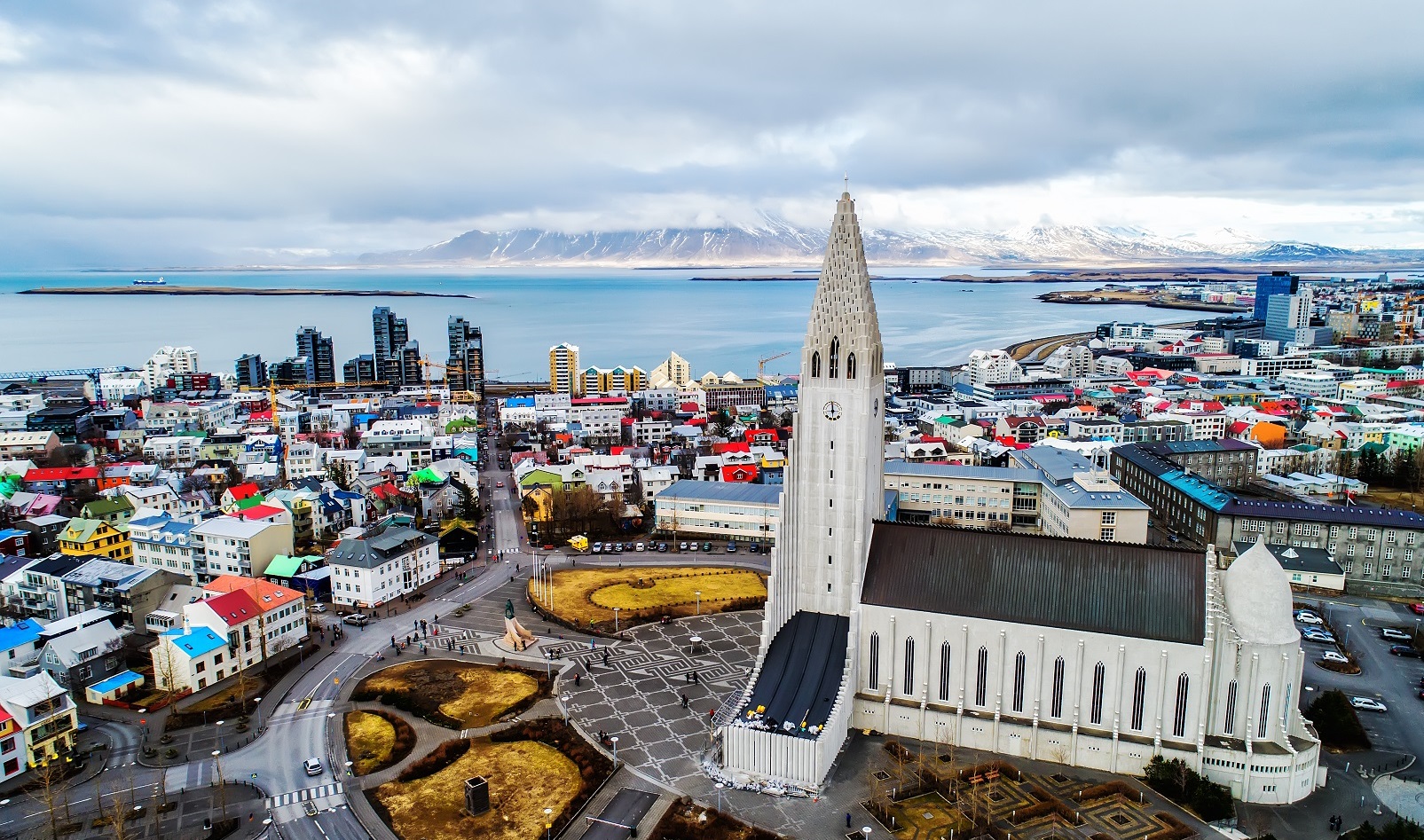
In response to the COVID-19 crisis, you established a team to estimate economic impact on the city’s finances, and to prepare actions for the financial protection of both the city’s basic services, local businesses and citizens. What is being done to ensure the most vulnerable populations are not disproportionately impacted by the pandemic?
Although Covid has meant we have had to restructure almost every part of our services, we have kept our eyes on the economy and future prospects as well. An economic team was quickly put into place and used scenario planning to define what could lie ahead, and prepare the city and necessary talks with the national government. Good planning against the spread of disease is actually the best economic policy as well. A contingency plan was implemented in Reykjavík as soon as the first infection was detected in Iceland in late February. Special care was put on protecting the vulnerable and has been successful. Our welfare department has also gone out of its way to boost their services and implement new projects to prevent vulnerable groups from isolation, and help them cope better with loneliness and depression in the wake of the pandemic. From the very beginning of the crisis, we have managed to keep all the important infrastructure of our community functioning – our pre-schools and primary schools remained open until June, and have now started their business as usual by mid-August. Downtown Reykjavík has been at its best this summer and bustling with life while respecting social distancing – but of course the only thing that is certain in a pandemic is the uncertainty.

